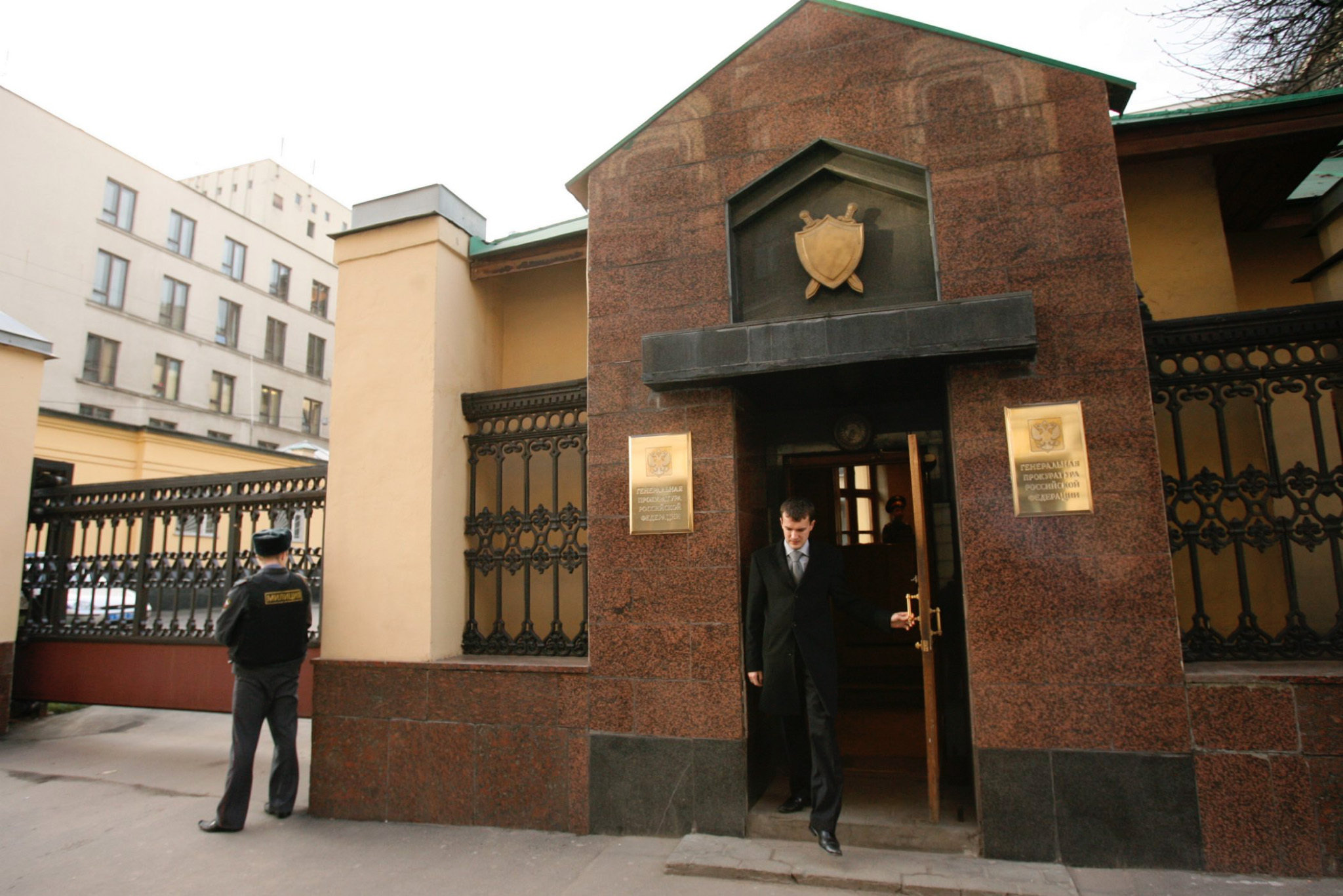Today’s criminal investigation procedure may soon be substantially revised, according to a president-initiated bill.
The revisions could establish expedited inquiry as a new type of preliminary investigation.
The bill would also expand the rights and opportunities of investigators, defense attorneys and other participants in an investigation during the fact-finding stage before a criminal case has been opened.
The authors of the bill also seek to largely reduce the number of investigative actions that may only be performed in the presence of attesting witnesses.
The bill was initiated by President Dmitry Medvedev, who issued the relevant instructions to the presidential administration, the government and the Prosecutor General’s Office.
Expedited inquiry
Two dozen articles in the Criminal Procedure Code would be affected by the amendments. The code would also include a new section titled, “Expedited Inquiry.”
Expedited inquiry would be applied during the fact-finding stage of an investigation into a minor crime. The expedited inquiry period would last 15 days (compared to two months now), and could be extended to 20 days in exceptional cases. The investigators would also not be obligated to verify evidence that goes unchallenged by the suspects, defense and victims. Additionally, they would not have to order an expert appraisal if the required research had been performed during the pre-investigation check.
According to the bill, an expedited inquiry would only be applicable if the suspect fully admitted his guilt and agreed with the charges and the amount of the inflicted losses.
Criminal investigations conducted with an expedited inquiry automatically imply that the court will review them in a special procedure and sentence the convict to no more than half the term provided by law.
Investigators would be able to stop the expedited inquiry at any stage and refer the case for ordinary investigation if the suspect, defense or victims issue such a request.
An expedited inquiry could also serve as grounds to mitigate the punishment.
No attesting witnesses needed
The bill would also reduce the number of investigative and operational procedures requiring attesting witnesses. At the moment, investigators must employ witnesses to attest to their actions and the circumstances surrounding them at nearly every stage of an investigation.
The bill also necessitates witness attendance only for searches, personal searches or identifying people or things. In all other cases, the investigators would proceed without witnesses and instead use technical means to record their actions.
According to the bill, investigators would also be granted more authority to check information about a crime. They would have the right to request explanations and test samples, demand and seize documents and items, order judicial examination and hold inspections.



